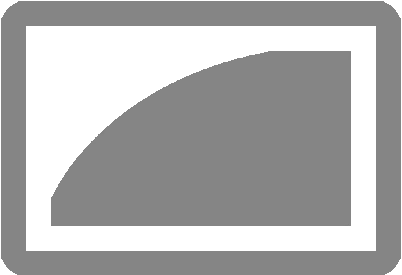Last Updated on: 15th August 2025, 11:29 am
Web site: www.wlenerz.com/smsqe/
Origin: unknown
Category: Desktop
Desktop environment: CLI
Architecture: Motorola 68000
Based on: Independent
Wikipedia: SMSQ/E
Media: Install
The last version | Released: active
SMSQ/E – a Sinclair QDOS-compatible operating system designed by Tony Tebby. The system’s creator was also the designer of the original QDOS system.
As of 2013, the SMSQ/E code is available under the BSD license and consists of approximately 2000 68k assembly language code files, containing approximately 222,000 lines of code.
The initial version of the operating system was called SMSQ and was designed for the QXL expansion board (an expansion board emulating the Sinclair QL hardware that could run on standard IBM PC compatible computers) manufactured by Miracle Systems. It was based on the SMS2 operating system also developed by the author, but added compatibility with the QDOS operating system. Later, the system was expanded and renamed SMSQ/E, first ported to the Atari ST computer, and then to various other QL-compatible platforms and emulators.
In 1995, the SMSQ/E code was acquired by German Marcel Kilgus and adapted the system for his QL software emulator, QPC, which runs on Microsoft Windows and Apple macOS. From then on, he no longer needed to emulate any specific QL hardware, but instead wrote custom device drivers, which improved integration and emulation speed.
Version 2.94 broke the 8-color barrier for the first time and introduced the new GD2 (Graphic Device Interface Version 2) 16-bit color graphics subsystem compatible with the QL computer.
Until version 2.99, the system was developed solely by Tony Tebby and Marcel Kilgus. In 2002, Tebby released the system code (without the QPC emulator part) under a license that did not meet the Open Source Initiative’s definition of open source. After this move, Tony Tebby left the QL scene, but the system continues to be developed by volunteers. In early 2013, the system code was released under the open source BSD license.


